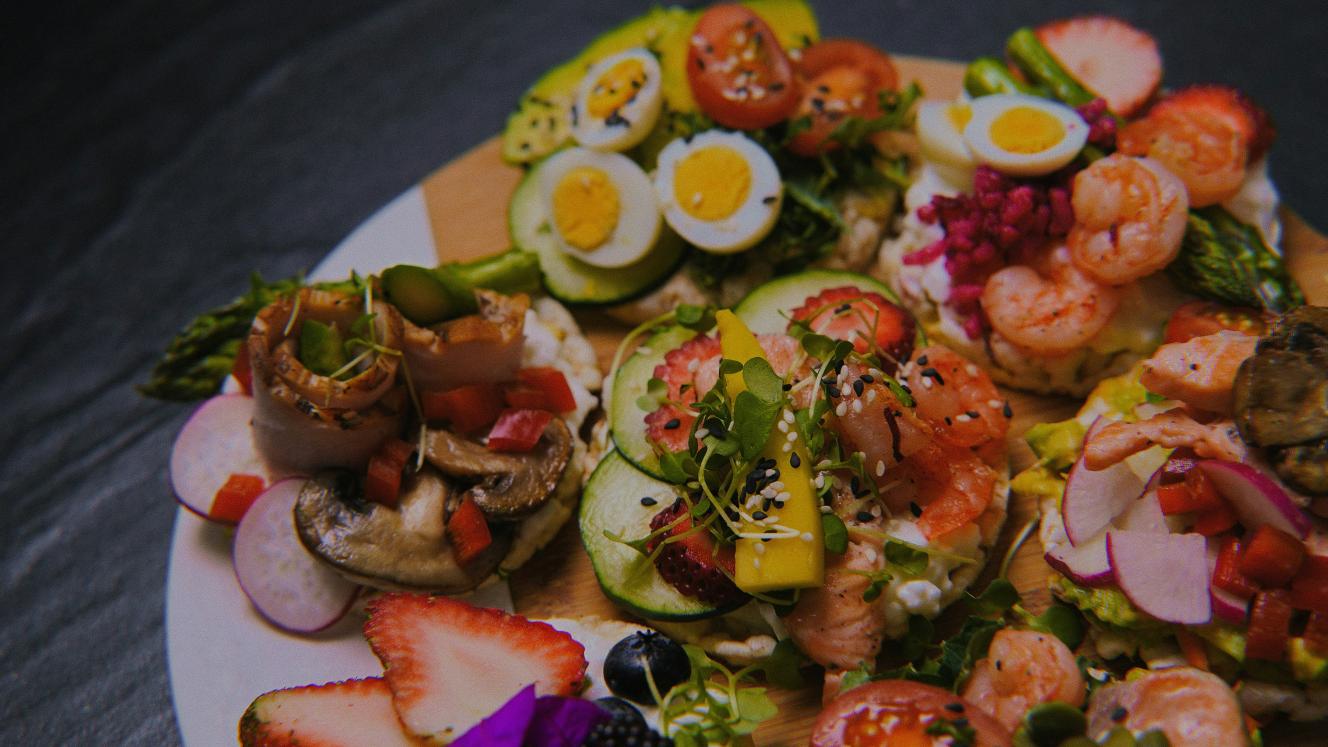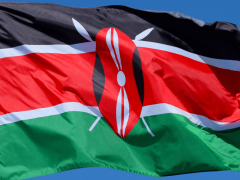Food is a very important component of travel – traveller or not, everyone has to eat every day, and in a different town, away from home, a superb meal can be the high spot of the day.
Although South Africans do not often travel for the sole purpose of food, many are eager to experience international cultures through their unique cuisine. Local tour operators and travel agents are witnessing increasing interest in culinary experiences from their clients travelling both locally and internationally.
According to Rupesh Kassan, the Founder of Eat Like a Local Food Tours, a Capetonian tour operator that provides immersive culinary experiences, there has been a consistent rise in interest in and a growing appreciation for culinary experiences enjoyed amid local people and which offer a taste of local cultures.
“Culinary experiences offer a unique and immersive way to explore and understand a destination's culture, history, and traditions. They provide a multisensory experience that goes beyond just tasting food. Guests have the opportunity to interact with locals, learn about traditional cooking methods, and gain insights into the cultural significance of various dishes. It's an engaging and enjoyable way to connect with a place and its people on a deeper level,” explains Kassan.
According to travel agents, travellers on culinary adventures want to eat dishes that are authentic to the destination. These can be inspired by celebrity chefs, television series and trending social media content such as MasterChef, Come Dine With Me and the Salt Bae.
"If they're going to Italy, they want to go to a Nonna's home and they want an Italian home-cooking class, a pizza-making class or a pasta-making class," says Khadija Moola, CEO of KM Bespoke Travel.
According to Zola Somzana, an ITC at Flight Centre Independent, a popular authentic food experience is a street food tour in Thailand.
Singapore is well known as a foodie paradise where the street food is safe to eat, affordable and hugely acclaimed as the best in South East Asia. Chilli Crab, Hainanese Chicken Rice and Hokkien Prawn Mie are popular, as is the Singapore Sling cocktail, first mixed in 1915 at the Long Bar in the Raffles Hotel and still served there.
Travel to Middle-Eastern destinations is particularly popular among Muslim South Africans with gastronomy on their minds. There they find Halaal options for almost every international food brand, be it fast food franchises or Michelin-star restaurants.
"Muslims feel more freedom to eat in specific destinations," says Moola.
Somzana says it can be quite straightforward to book these experiences as long as it is through trusted tour providers or direct bookings with the client's restaurant of choice. However, it's important to book well ahead of time in order to safeguard a slot in popular restaurants or on gastro-tours.
According to Kassan and Moola, culinary experiences are a luxury, and thus popular among a niche group of travellers. These travellers are well-heeled enough to spend the time on longer trips that allow for high-end culinary experiences between other activities and excursions. This includes retired couples, luxury leisure travellers and, occasionally, business travellers, if they are able to extend their trips for leisure purposes.
“Few South Africans have the opportunity, finances and time to do so,” says Moola. “On the other hand, cruising and hotels also offer a diverse range of accessible culinary options. The culinary desires and priorities of the client should be taken into account. While some will be willing to try authentic food, speciality options, sit-down options and sophisticated dining, others may prefer the casual atmosphere of a buffet with local food.”
South Africans generally prioritise quality culinary experiences when they travel as they desire authentic and enriching travel experiences, explains Kassan.
"Food is a fundamental aspect of culture and, for many travellers, experiencing local cuisine is a way to connect with the destination's heritage and lifestyle,” he says.













